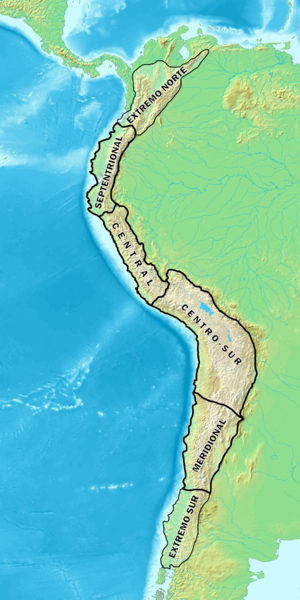 President Barack Obama once again singled out Washington's biggest political adversaries in Latin America for censure in this year's White House report on global anti-drug efforts. The annual memorandum to the State Department, "Major Drug Transit or Major Illicit Drug Producing Countries," released Sept. 12, lists 17 Latin American countries out of a total of 22 around the world. As has now become routine, Bolivia, Venezuela and Burma are blacklisted as countries that have "failed demonstrably during the previous 12 months to adhere to the obligations under international counternarcotic agreements." (InSight Crime, Sept. 13)
President Barack Obama once again singled out Washington's biggest political adversaries in Latin America for censure in this year's White House report on global anti-drug efforts. The annual memorandum to the State Department, "Major Drug Transit or Major Illicit Drug Producing Countries," released Sept. 12, lists 17 Latin American countries out of a total of 22 around the world. As has now become routine, Bolivia, Venezuela and Burma are blacklisted as countries that have "failed demonstrably during the previous 12 months to adhere to the obligations under international counternarcotic agreements." (InSight Crime, Sept. 13)
Ironically, this comes just as Bolivia's government, after years of promoting a tolerant and enlightened attitude to coca-leaf cultivation, appears to be tilting back to a prohibitionist position. The administration of President Evo Morales—himself a former coca-grower—is now proposing a law to punish illegal coca cultivators with prison time. Under Bolivian policy, coca crops are permitted in limited areas of the country, for the legal market. Outside these areas, it is considered to be intended for cocaine production, and subject to eradication. But cocaleros in these areas have not faced prison time—so far. Vice Minister for Social Defense Felipe Cáceres announced the legislation earlier this month, imposing up to three years imprisonment for illegal cultivation. With the ruling party in control of the national legislature, it is likely to pass. In a bid to keep support from Morales' traditional political base, the bill would also increase the area where coca can be grown legally from 12,000 hectares to 20,000 (some 50,000 acres). (El Deber, Sprt. 4; AP, Sept. 3)
Ominously, the bill was announced just as Bolivian Defense Minister Reymi Ferreira was in Moscow for a military hardware trade show, "Foro Army 2016," where he met with his Russian counterpart Sergei Shoigu. At the confab, the two ministers signed a pact on bilateral military cooperation. At the signing ceremony, Ferreira said he expected Bolivia to purchase military equipment from Moscow, adding: "For us, Russia is a fraternal country, with which we have excellent relations." (TASS, Sputnik, Sept. 6)
Bolivia has made impressive progress in recent years in reducing coca cultivation by addressing the roots of rural poverty through land redistribution and agrarian programs that favor the peasant sector—in defiance of Washington's prohibitionist dogma. We do hope it is not moving back toward a model of militarized enforcement—and merely replacing one superpower sponsor with another.
Cross-post to High Times
Graphic: Wikipedia







Recent comments
3 weeks 6 days ago
3 weeks 6 days ago
7 weeks 16 hours ago
7 weeks 6 days ago
12 weeks 6 hours ago
15 weeks 5 days ago
19 weeks 5 days ago
20 weeks 4 days ago
30 weeks 4 days ago
34 weeks 4 days ago